The Independent's journalism is supported by our readers. When you purchase through links on our site, we may earn commission.
Israel at 70: 'Why I have to tell the story of the Palestinian struggle to return home'
He was born in a refugee camp in Gaza, his childhood friend was one of the four killed in the First Intifada uprising of 1987 and his father died under siege in Gaza. Ramzy Baroud looks back at the past 70 years and recounts why this Nakba is more important than ever
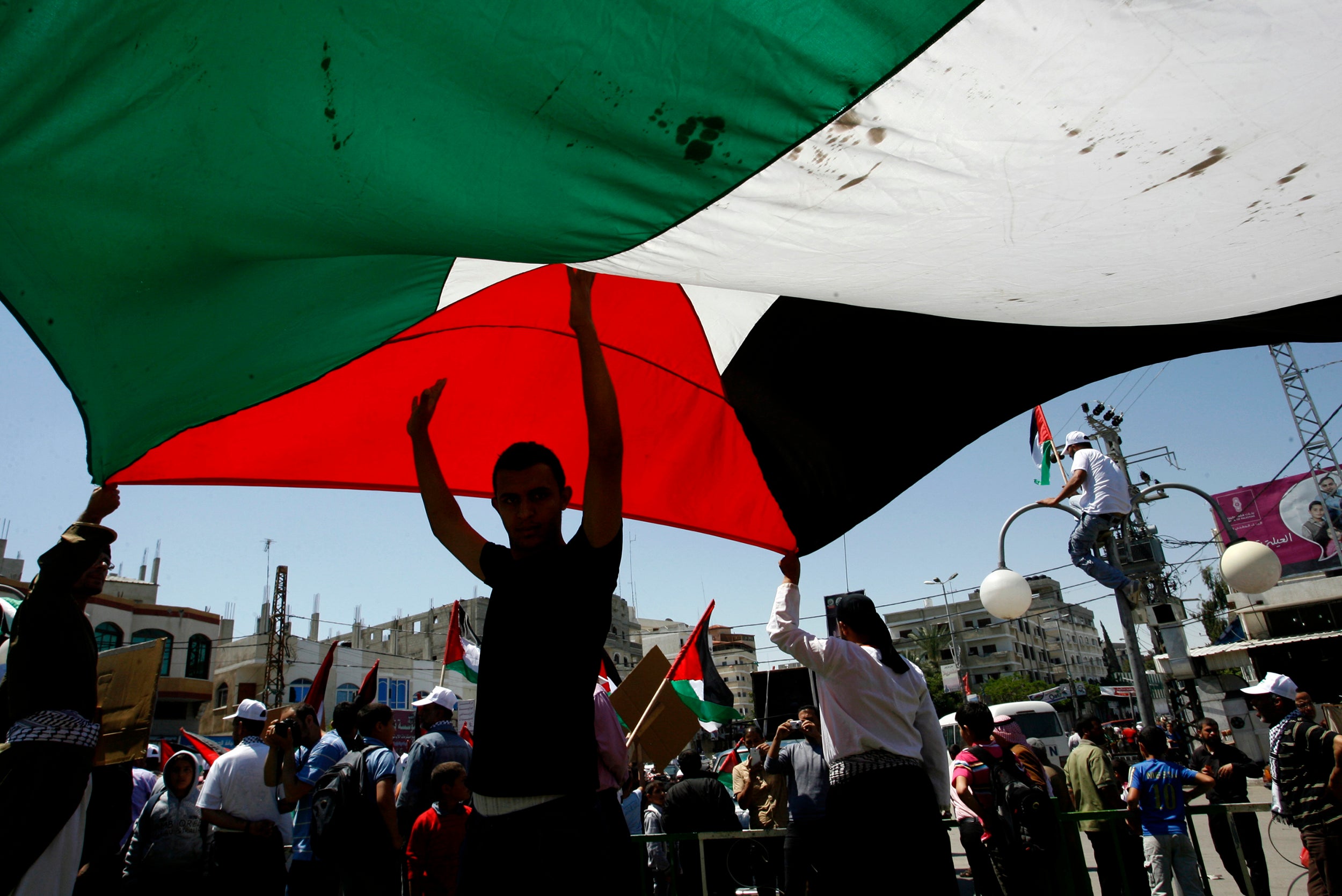
During the First Intifada uprising of 1987, the Israeli military carried out what the residents of my refugee camp in Gaza referred to as the “Eid Massacre”. The killing of four young people in the camp, including my childhood friend Raed Munis, took place on the first day of the Muslim holiday.
Once the young men were buried and as we mourned in our humble refugee home, my father fiddled hopelessly with the radio, trying to find any news broadcast, anywhere, that reported on the terrible events that took place in our camp on that day. No one did.
It was then that I realised that the story of my neighbourhood needed to be told. With time, I also understood that my refugee camp was a microcosm of a larger phenomenon in which the Palestinian discourse is purposely marginalised and Palestinian voices are deliberately muted.
For nearly 25 years, I have undertaken a journey to reclaim the narrative of Palestine, on behalf of my neighbours, my friends and my people.
My recently published book, The Last Earth: A Palestinian Story, is my latest volume that aims to provide a collective articulation of the Palestinian struggle, centred around the Nakba – the destruction of the Palestinian homeland in 1948 – and the millions of refugees that continue to live in exile since then.
One of the stories in the book is that of Ahmad Al-Haaj, an ageing communist living in Gaza. He escaped Palestine in 1948, when his village Al-Sawafir was attacked and then set ablaze by invading Jewish militias. These militias later became the Israeli army. To this day, Al-Haaj, 85, refuses to build a house in the besieged Gaza Strip.
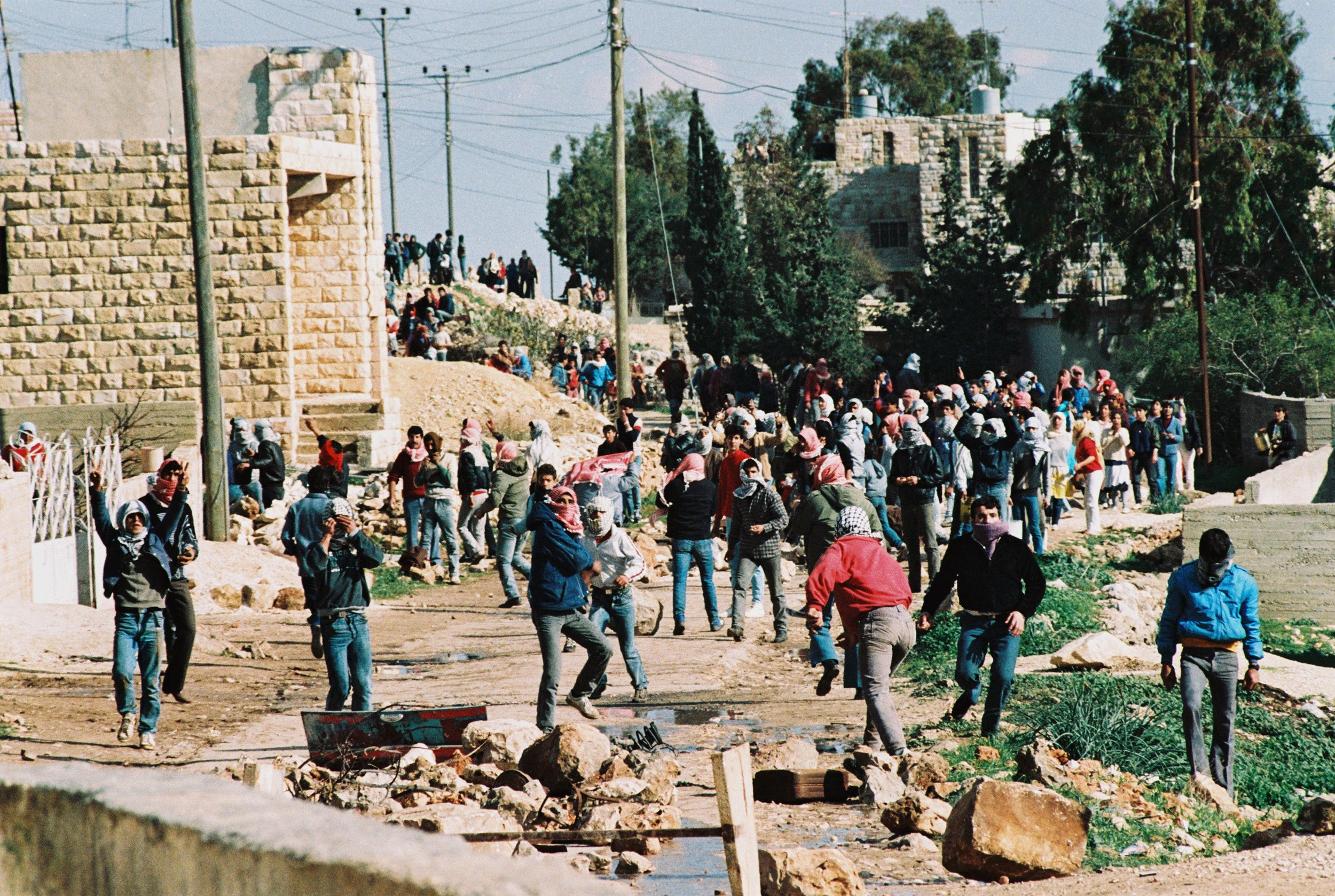
I spoke to Al-Haaj as I conducted a series of interviews with Palestinian refugees in Palestine, the Middle East and around the world to try and understand what compels them to revere their “right of return” to their homes from which they, or their ancestors, were expelled 70 years ago.
Al-Haaj does not own a home in Gaza, because he fears that the moment he does he will resign himself to his exile. For him it is an emotional burden that he simply cannot afford to take on. He spent many years in an Israeli prison for his refusal to accept banishment to Gaza.
Throughout his life, Al-Haaj often thought of Al-Sawafir and told his family stories to anyone willing to listen: their happy lives before exile; the pain and loss after. The same sentiment echoes amongst many Palestinians, even those who were born after the Nakba.
I spoke to young people who feel so deeply connected to villages which all vanished long before they were born.
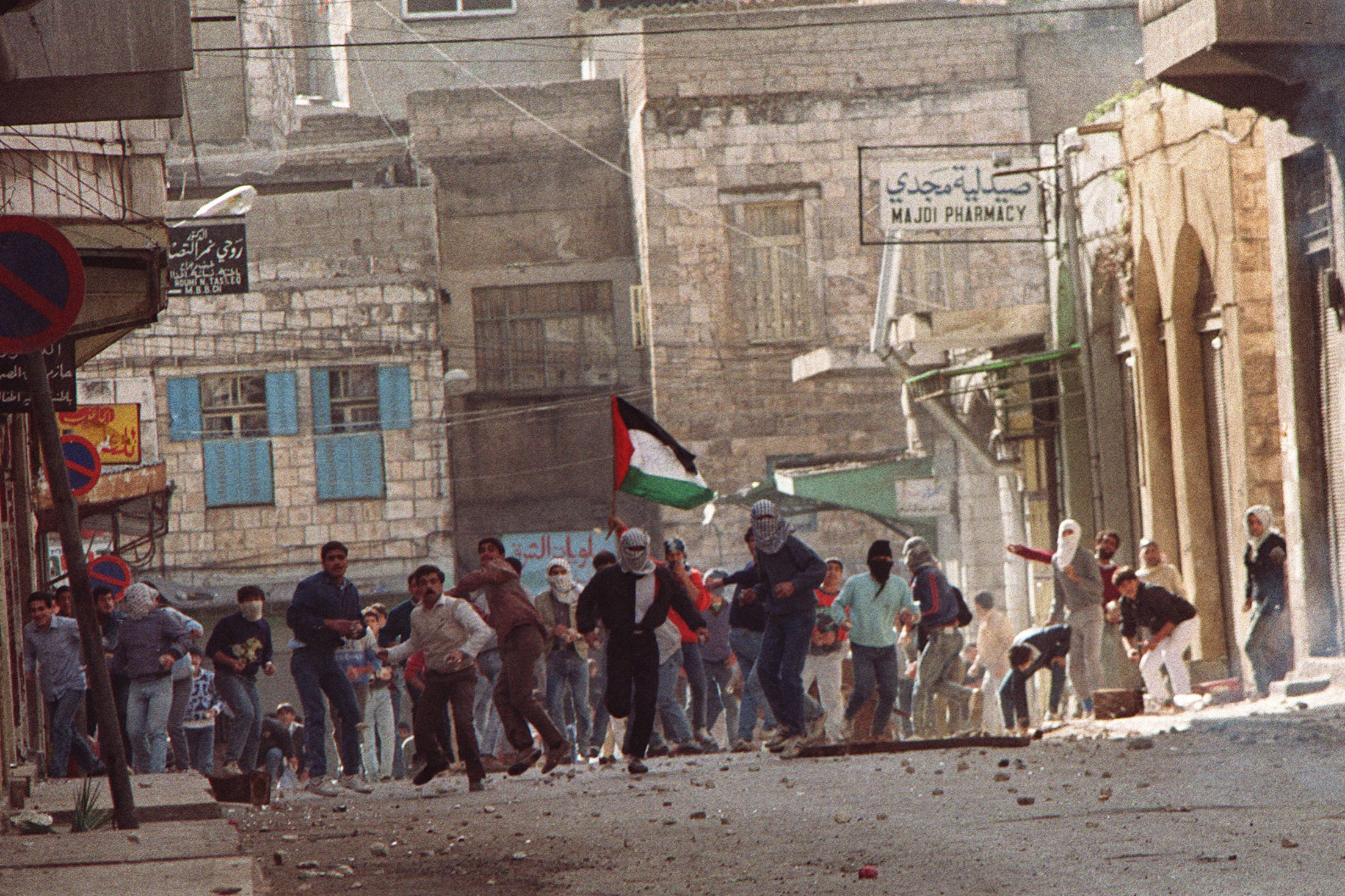
The Nakba – which in Arabic means “the catastrophe” – is not a mere date to be commemorated every 15 May; it is far more encompassing than a single event, however tragic. It represents the life that millions of Palestinians were unfairly denied; every day since has been a life of destitution, exile and want.
The Nakba, in some way, has thus become part of the collective identity for all Palestinians. It is now so ingrained into the consciousness of all Palestinians that it would be impossible to imagine a truly peaceful future without justly and carefully addressing that original crime.
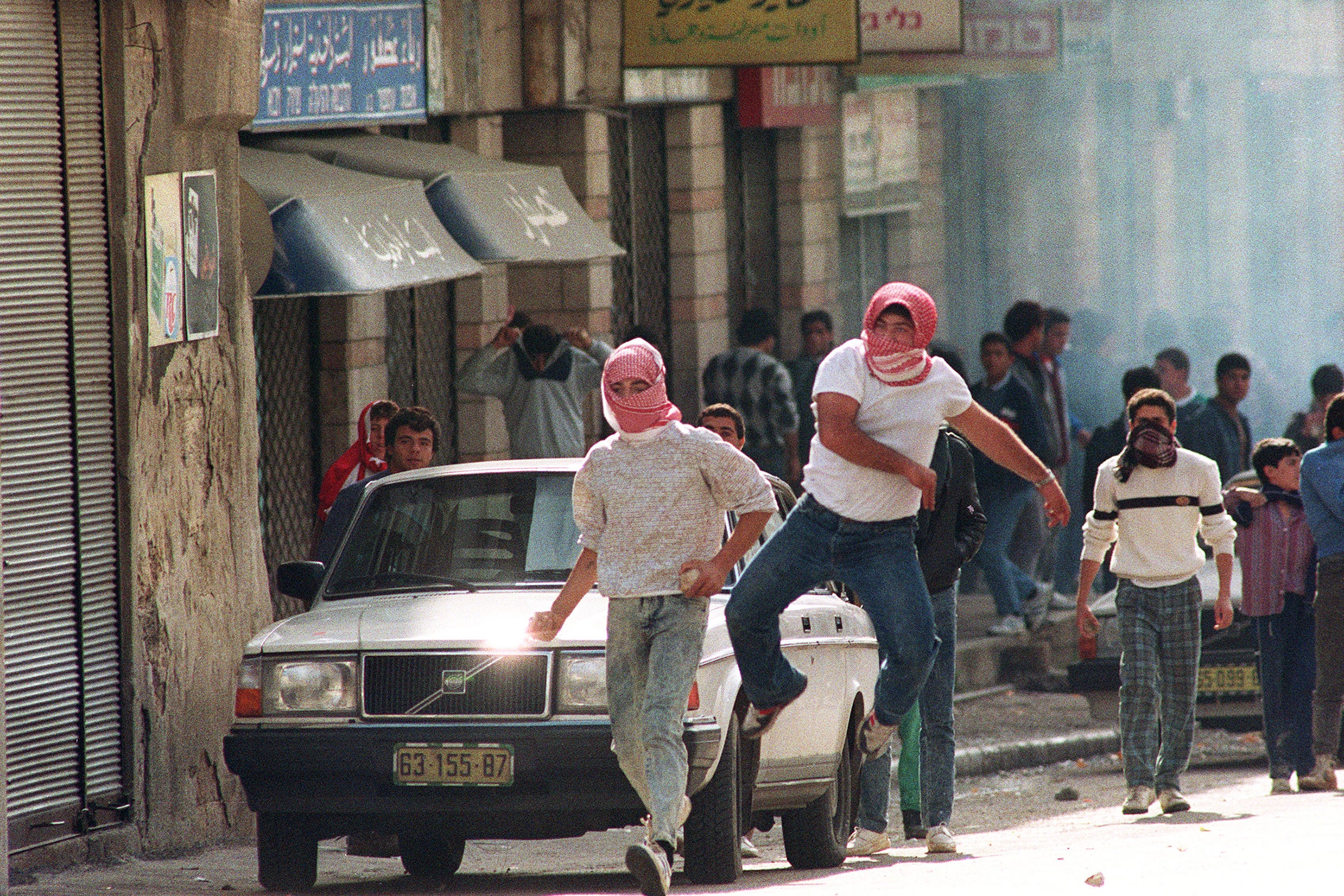
Although I was born and raised in a Gaza refugee camp and then moved to the United States, strongly relating to a village that was erased from the map decades earlier is not, for me, an irrational act. My village of Beit Daras remains the single most important piece of earth that truly matters to me.
As a child, I learned from my grandfather to be proud: he was a handsome and strong peasant, with an unshakable faith. He managed to hide his deep sadness so well after he was expelled from his home in Palestine, along with his entire family. As he aged, he would sit for hours, between prayers, searching within his soul for the beautiful memories of his past. Occasionally, he would let out a mournful sigh, a few tears; yet, he never accepted his defeat, or the idea that Beit Daras was forever gone.
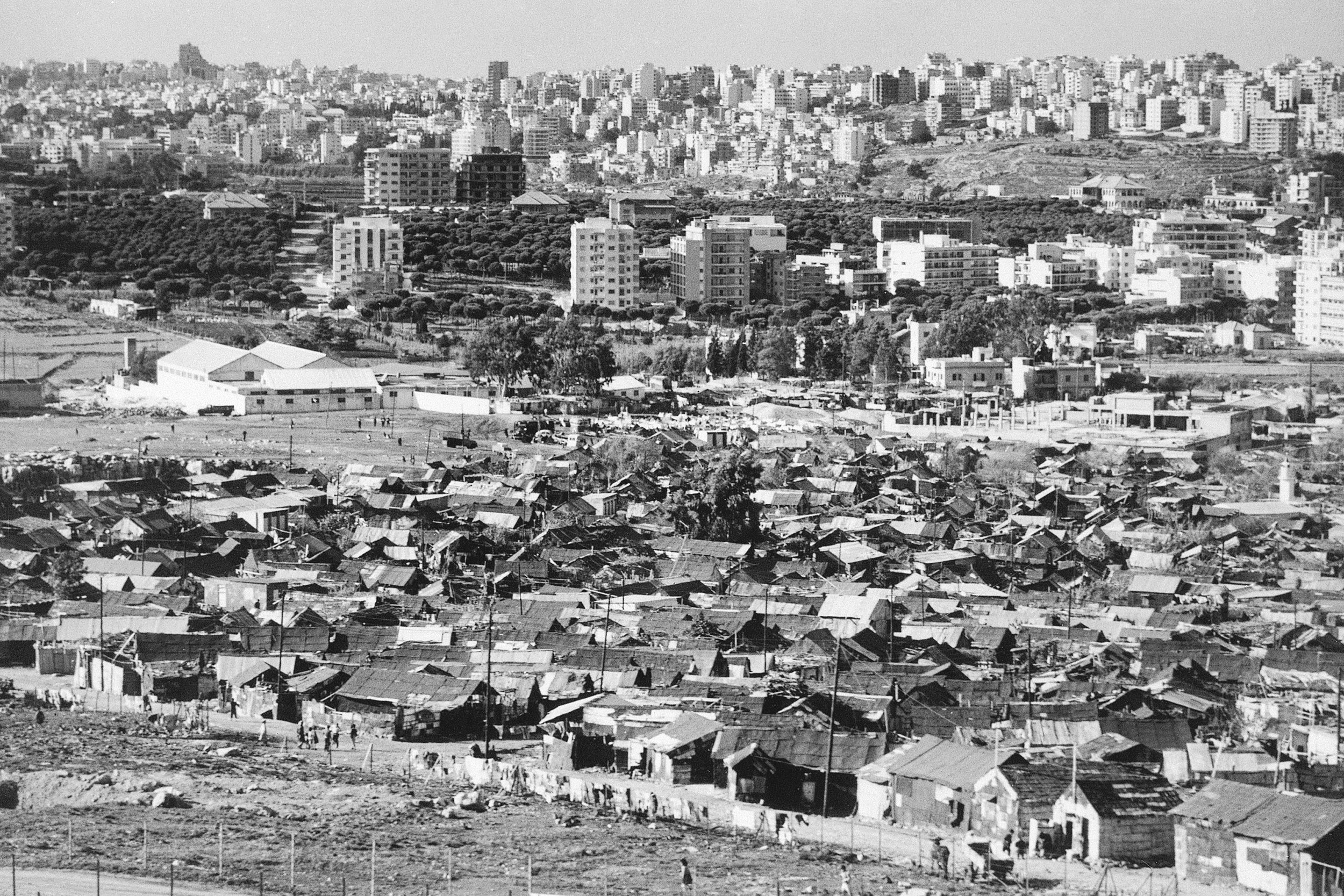
My political consciousness developed as a result of the misery of the refugee camps, the determination to redeem the painful past, which saw the demise of my village, and the perpetual destitution of my family. My parents and grandparents, along with siblings, friends, classmates and neighbours are all buried in the refugee camp. My father died under siege in Gaza and neither Israel nor Egypt allowed me to see him for a final goodbye. Our Nakba is ongoing.
Seventy years after the Nakba, the battlefield is still there, delineated most starkly at the Gaza border where tens of thousands of Palestinian refugees continue to rally, holding their Great Return March, starting 30 March and ending on Tuesday, 15 May.
At both ends of this ongoing fight, Palestinians and Israelis champion a legacy that spans decades: Palestinian youth are carrying on with the same struggle that was espoused by generations of Palestinians since the onset of the Nakba. The Israeli army – which has killed scores and wounded thousands in recent weeks – is implementing the same bloody policies that armed Zionist gangs carried out when they ethnically cleansed the citizens of Palestine in 1948.
It is as if time has stood still, or that history has reproduced itself in a most profound pattern. For change to happen, a paradigm shift is required. This tragic and violent reality cannot be allowed to continue forever.
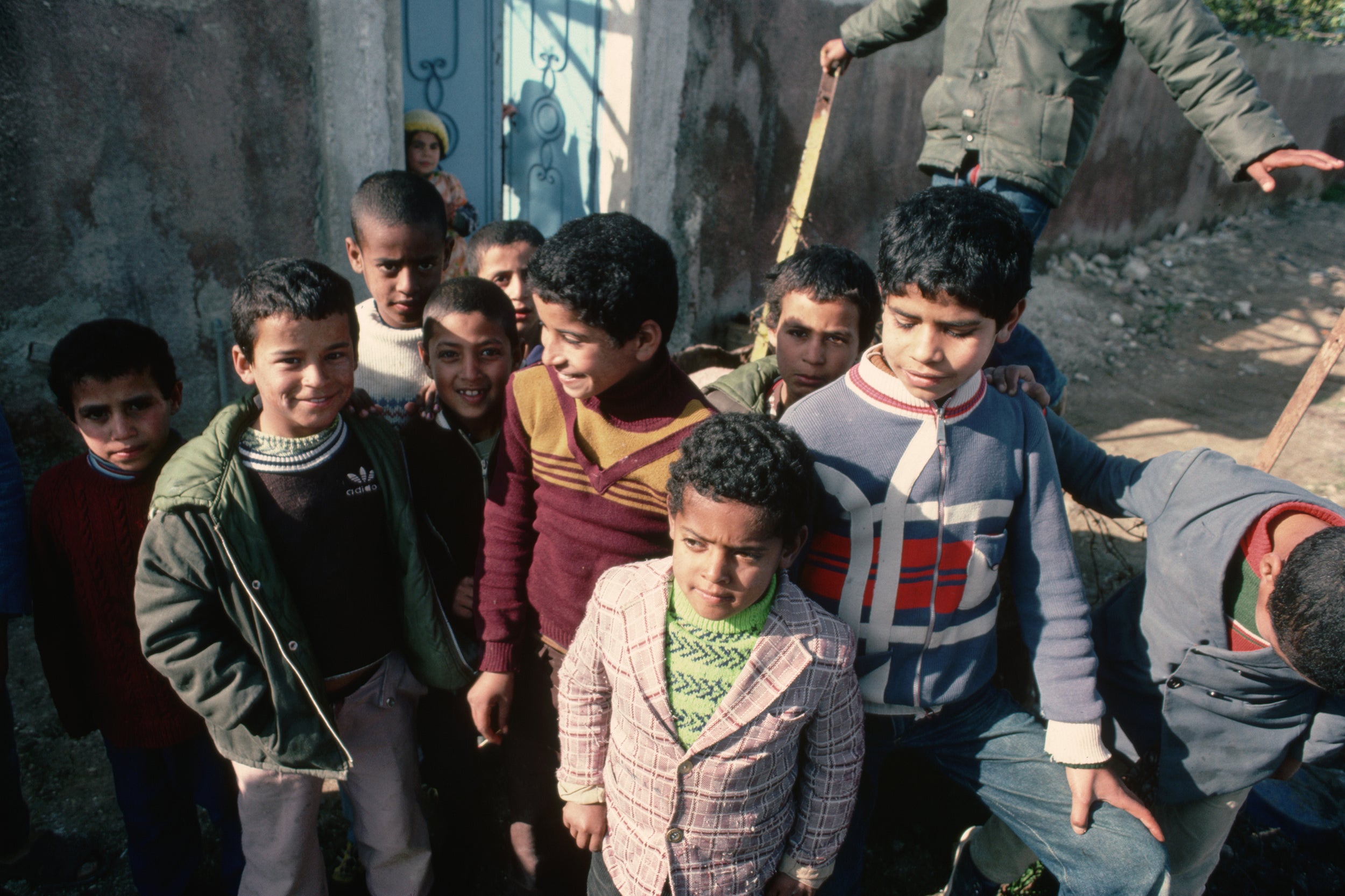
It is critical that we relate the present to the past. The settler colonial mentality of the past continues to control Israel’s actions today, as it will govern its future behaviour if apartheid is not demolished, the occupation is allowed to perpetuate and the Nakba is not reversed.
The current Israeli land grab in the West Bank and the mushrooming illegal settlement construction that is squeezing Palestinians out of Jerusalem is a repeat of an earlier episode, a perpetual drama that has lasted more than a century.
Zionist colonial settlement in Palestine began in earnest in 1881, when the leaders of the Zionist Movement in Europe eyed Arab Palestine as an exclusive home for Jews, paying little heed to the indigenous inhabitants of the land. These early ambitions culminated into a bloody but well-orchestrated terror campaign in 1947-48, resulting in the creation of the state of Israel atop the ruins of Palestine. Nearly 600 Palestinian towns, villages and localities were destroyed to make space for an exclusively Jewish state.
Since then, only names and titles have changed. Zionist militias that orchestrated the genocide of the Palestinians prior to the establishment of Israel merged together to form the Israeli army; and the leaders of these groups became Israel’s leaders.
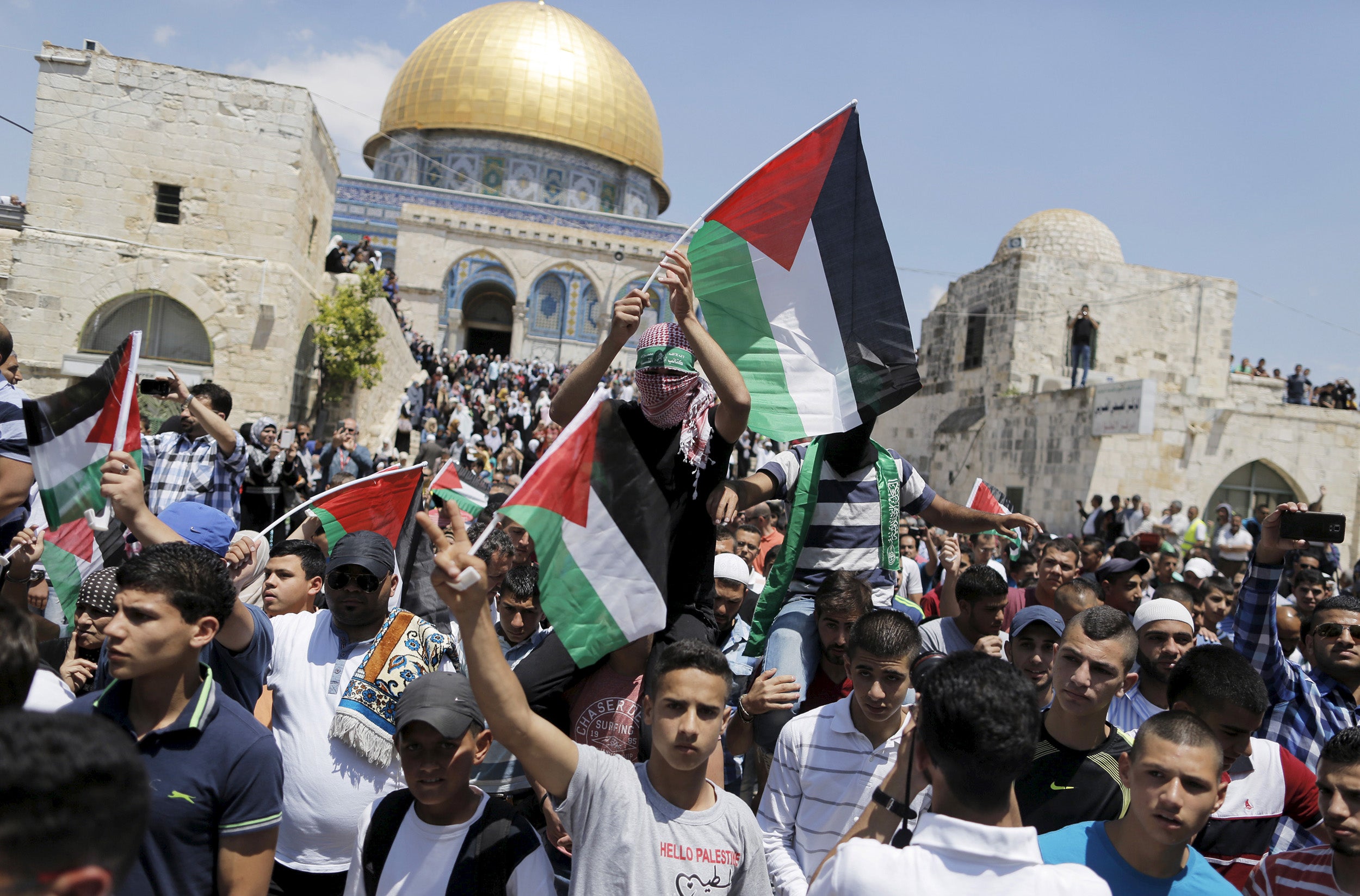
At the end of his life, my grandfather’s only wish was to be buried in Beit Daras. Instead, he was crammed into the ever-bourgeoning Nuseirat Refugee Camp cemetery. However, he remained a Badrasawi – as the people of my village are called – to the end, holding so passionately onto the memories of a place that, for him – for all of us – remains sacred and real.
For the millions of refugees, and for the thousands of protesters at the Gaza border, Palestine is no longer just a piece of earth but a perpetual fight for justice – in the name of those who died along the dusty trails of exile and of those who are yet to be born.
Ramzy Baroud is a journalist, author and editor of Palestine Chronicle. His forthcoming book is ‘The Last Earth: A Palestinian Story’ (Pluto Press, London). Baroud has a PhD in Palestine studies from the University of Exeter and is a non-resident scholar at Orfalea Center for Global and International Studies, University of California Santa Barbara. His website is ramzybaroud.net
Join our commenting forum
Join thought-provoking conversations, follow other Independent readers and see their replies
Comments
Bookmark popover
Removed from bookmarks